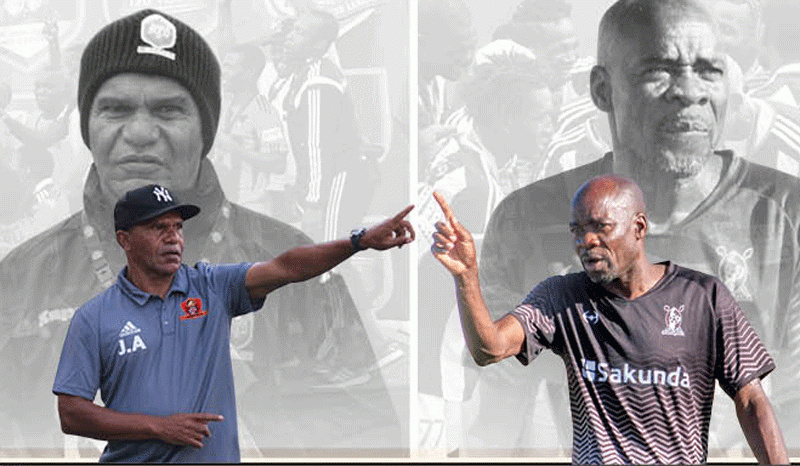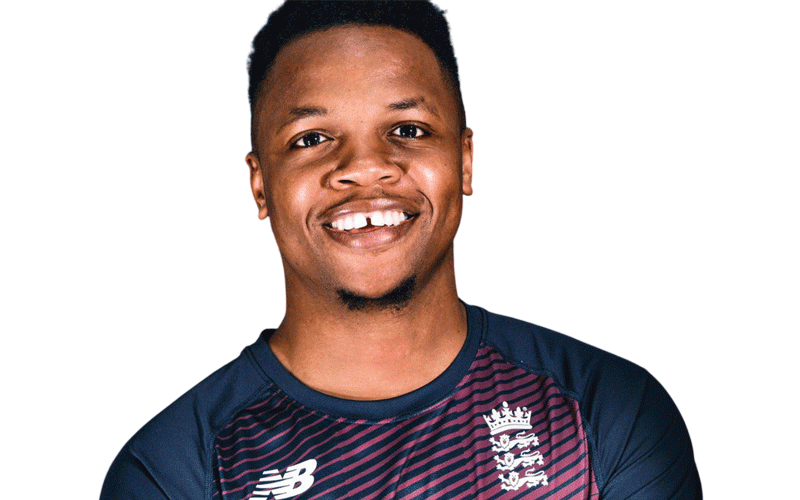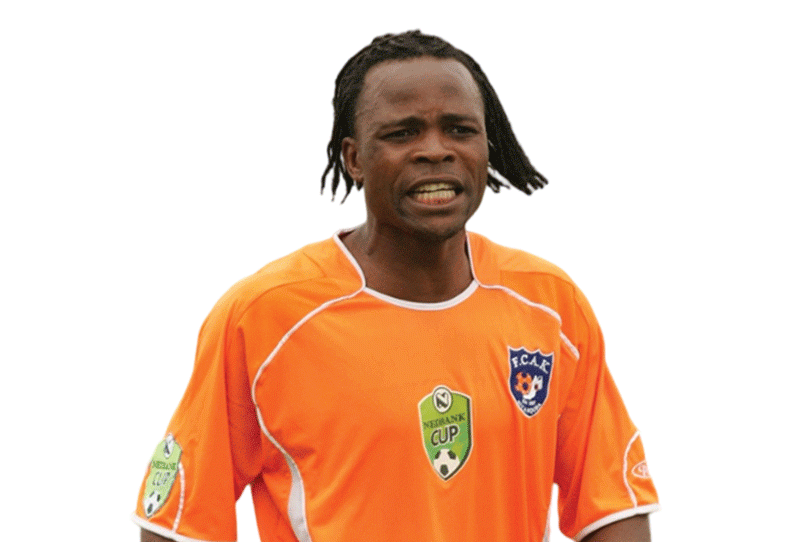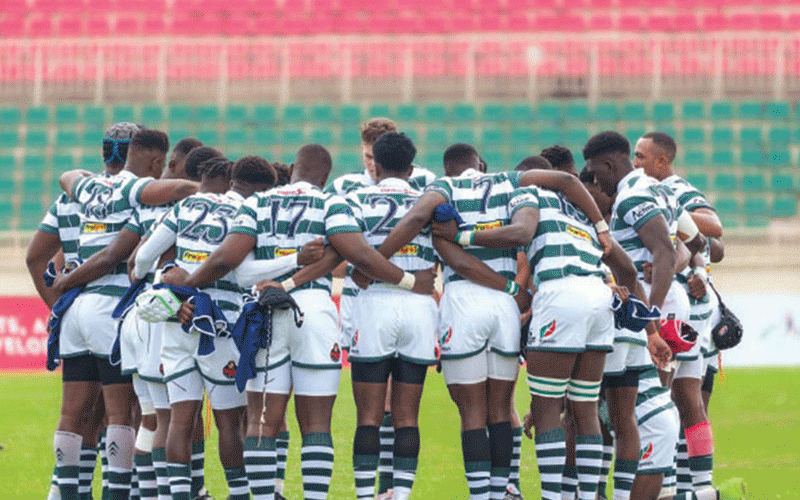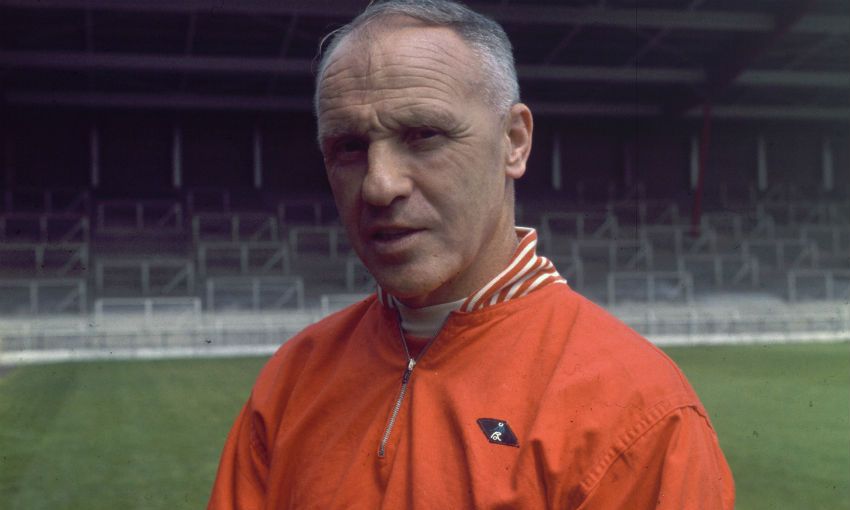
BILL SHANKLY, the fanatical soccer manager who reinvented Liverpool Football Club in the late 1960s, famously said that, “Some people think football is a matter of life and death. I assure you, it’s much more serious than that.”
school of sport
with TIM MIDDLETON
Had he lived to witness the horrific events at the Heysel Stadium in Belgium just before his beloved Liverpool were due to play Juventus in the European Cup final of 1985 (when 39 people died) or those in Hillsborough stadium at the 1989 FA Cup semi-final in which his beloved Liverpool were playing Nottingham Forest (during which 96 spectators died in the crush), he might well have retracted such a statement.
He was not afraid to be outspoken, though. On another occasion he bemoaned the fact that, “The trouble with referees is that they know the rules, but they do not know the game.” Like so many soccer managers he loved to criticise the performance of the referees (perhaps so that he could blame his team’s poor efforts or defeat on someone other than himself). Week after week in post-match interviews we come across managers, former players, acting as pundits and commentators berating and questioning decisions made by the referee, on the same basis. It would be great (and only fair) to allow managers to try refereeing a match and let referees criticise their performance.
The coaches complain regularly that the referees are not in touch with the game, do not understand the game, with the inference being that the referees have not played the game. The very obvious, simple and correct response to this, then, should be to get ex-players to take up refereeing. The fact is not many referees have ever been players at a high level for the simple reason that no-one can possibly both play and referee at a high level. By the time a successful player retires from playing he does not have many years left to referee (it being extremely demanding physically to referee).
Ben Haverkort was a noted referee, but he started as a player in the youth teams at Ajax in Holland and then various junior teams, (during which, interestingly, he was shown numerous yellow and red cards, for talking to the referee out of turn!). He recognised how playing had helped him to be a good referee as he knew “how players react before the tackle’s even made” and because he had a “vibe” about how the game was going. As one writer has pointed out, “Nobody else has more experience of manipulating, cajoling and berating referees than their former charges, hence nobody is in a better position to invert that experience and use it to their own psychological gain.”
In passing, it may well be equally and conversely true for us to turn Shankly’s claim around and declare that the trouble with players is they know the game but not the rules. It might be revealing to find out how many players would score a hundred percent in an examination on the rules! Many players love to shout at the referee to make him make a decision in their favour without really knowing the rules. The same surely goes for many a spectator and parent!
- Chamisa under fire over US$120K donation
- Mavhunga puts DeMbare into Chibuku quarterfinals
- Pension funds bet on Cabora Bassa oilfields
- Councils defy govt fire tender directive
Keep Reading
It should surely to be our children’s benefit, therefore, if all coaches did regular tests with their youngsters to ensure they all know the rules, in the first place. Beyond that, though, there remains a real value in coaches getting their youngsters to learn to referee, practice games at first but then matches as well. There are several reasons why this should be done. Firstly, it will ensure the children know the rules. Secondly, it will help them understand the game. Thirdly it will help them appreciate the extremely difficult task of the referee or umpire. Furthermore, a vital added bonus will be that our children will learn valuable life skills through being a referee, in terms of appraising what is going on, in helping to prevent or resolve conflict, in ensuring things are done correctly. And as a vital life lesson, we should be helping our children to learn and live by the adage that until we have tried something, we should not criticise those who do.
Soccer is not a matter of life and death; we need to see it in proper perspective. We need to see decisions made by referees in proper perspective and to do that we need to have players who can referee and referees who can play. If we do that, we will find that like referees, players will not only know the rules but they will also know the game. That should fit the bill — even Bill Shankly!
lTim Middleton is a former international hockey player and headmaster, currently serving as the Executive Director of the Association of Trust Schools Email: [email protected]

